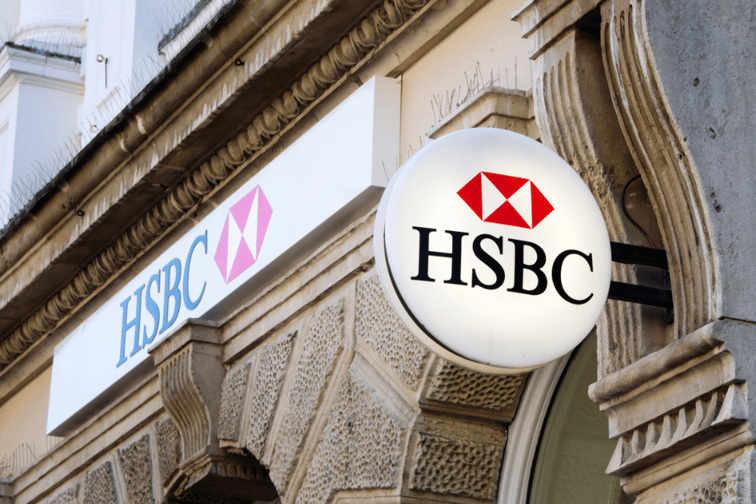

Greg Hingston, global chief executive of HSBC Holdings’ insurance unit since January, has just closed the group’s first acquisition in a decade and is now eyeing new deals to be struck – particularly in mainland China.
The 15-year HSBC veteran stepped in after the bank won regulatory approval to take full control of its Chinese life insurance venture late last year – a sign of the bank’s thawing relationship with Beijing after its entanglement in the US probe over Huawei Technologies.
The lender is now expanding in Asia with billions of dollars in fresh investments, including its purchase of AXA SA’s Singapore unit in February, a deal that doubled the size of its insurance business in the city state, Bloomberg reported.
Inorganic growth will be an important part of how the bank looks to expand in key markets, Hingston – who is based in Hong Kong – told Bloomberg over Zoom. “I’ve done quite a bit of M&A in my career,” he said.
Partnerships such as the one HSBC has with dacadoo, a Swiss-based company that provides a health score and whose digital platform will be integrated with HSBC’s, are also areas of interest, Bloomberg reported.
HSBC aims to become the leading bank in Asia wealth, which insurance falls under. Key to this is growth in mainland China, Hingston said – even amid risks multiplied by sliding markets, a private sector crackdown, and a renewed COVID-19 outbreak.
“The China opportunity is crucial,” Hingston told Bloomberg. “We expect our China business to be a much more significant contributor over the next five years.”
Through its Chinese fintech venture, Pinnacle, the bank has hired close to 700 financial planners in major Chinese cities. It plans to increase this number to 3,000 in the coming years.
Pinnacle, which sells insurance products, allows the bank to add clients outside bank branches. It will apply for a license to sell wealth products such as mutual funds “in due course”.
HSBC currently counts Hong Kong as its largest market – and one it plans to defend and grow. While new life insurance business from mainland visitors across the industry shrank from USD6.8bn in 2020 to about USD688m in 2021 due to the border closure over the past two years, the bank has since been able to pivot to the domestic market, connecting with younger customers through digital channels.
It is almost back to its pre-COVID level in the value of new business, Bloomberg reported.
Hingston said HSBC’s moves to expand outside Hong Kong were not driven by the domestic situation but the opportunities that exist in those markets. Singapore, India, and mainland China were noted as likely places of opportunity.
